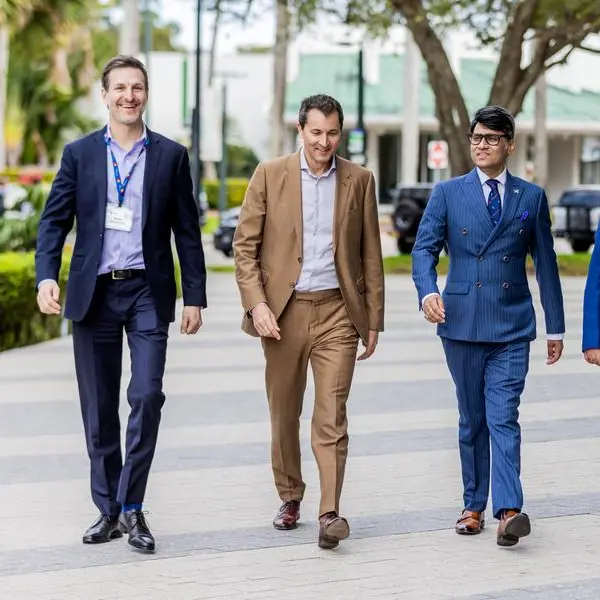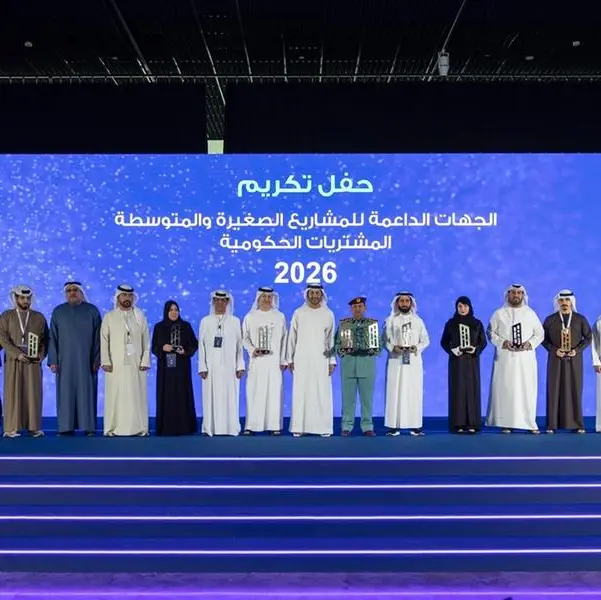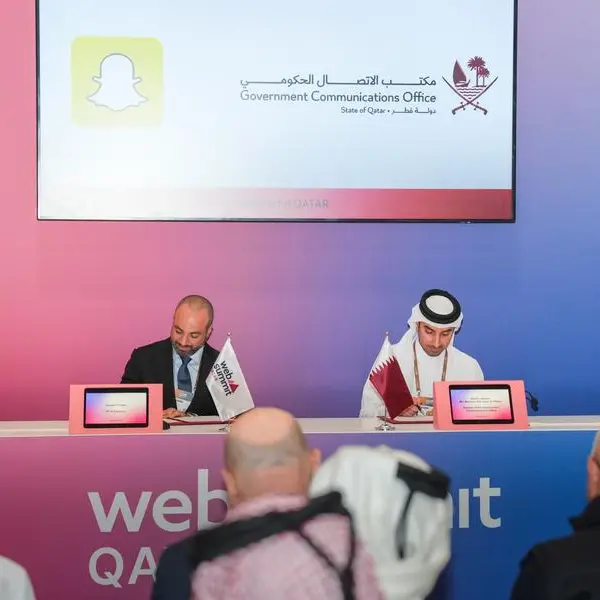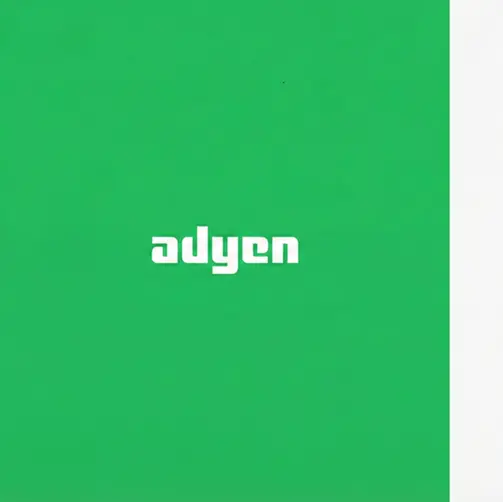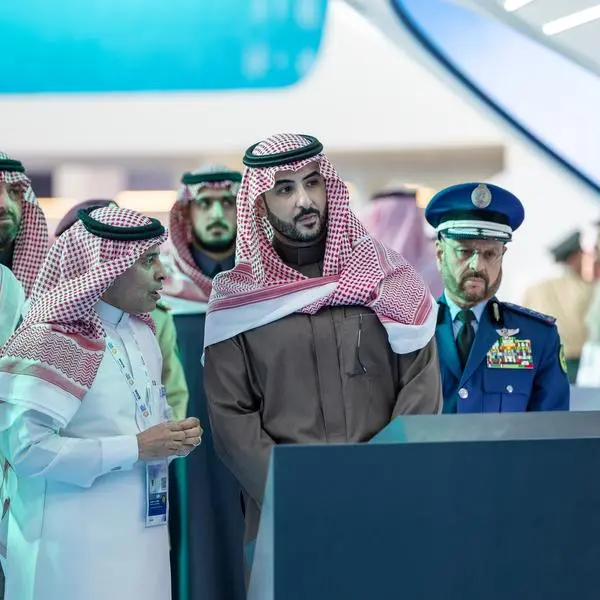PHOTO
Dubai-based global firm eyes a share of the world's urban future
Dubai, United Arab Emirates - United World Infrastructure (UWI), the Dubai- and Washington, DC-based firm that funds, develops and manages next generation cities, has set out a plan to offer urban developments to 15 million people by 2030.
UWI expects to develop its urban portfolio by targeting the world’s need for new middleweight cities as urban migration and global population numbers rise rapidly. With a global population forecast of nine billion by 2050, UWI will seek to build new urban centers in population hotspots across South East Asia, South America and West Africa – regions that are collectively home to 20 percent of the current global population.
“1.2 billion people will move to cities over the next 15 years – an unprecedented rate of migration that will present nations and their governments with both challenges and opportunities,” said Vafa Valapour Principal at UWI. “Cities have been the bedrock of progress, economic development and opportunity and they must continue to deliver prosperity and social mobility to the millions who will seek it.
“Our approach to urban development is underpinned by our commitment to building better, happier cities and accelerating a new age of urbanization that harmonizes the citizen experience with the need for cities to be economically and environmentally sustainable,” continued Valapour. “Our strategic location in Dubai, which allows us to access much of the frontier world, will be key to offering infrastructure services to 15 million people by 2030.”
In 2010, UWI officially launched their flagship city, Medini Iskandar in Malaysia – a city built to accommodate 400,000 people just 40 minutes from Singapore’s international airport. Medini is 2,230 acres of land in Johor, Malaysia and developed by UWI in partnership with Khazanah Nasional Berhad and Mitsui & Co.
A recent McKinsey report expects 136 new cities to enter the top 600 urban centers, all of them in the developing world. Over the last 15 years, cities with a population of between 150,000 and 10 million have been driving global GDP growth much more rapidly than megacities. UWI will target new middleweight cities in South East Asia, South America, and West Africa primarily, where population growth and urban migration are particularly high, helping to drive this trend.
UWI works with government partners and community representatives, to co-develop built environments that are carefully integrated within the existing rural or urban framework.
Combining the components that drive economic growth, community happiness, social participation and environmental sustainability UWI works with sovereign wealth funds, private sector offices, SMEs, multinational corporations and governments to tailor public-private partnerships to develop these UWI’s cities are typically built for populations of at least 250,000 residents, a host of local and international businesses and their visitors.
The world population[1] is projected to increase by more than one billion people within the next 15 years, reaching 8.5 billion in 2030, and to increase further to 9.7 billion in 2050 and 11.2 billion by 2100. It has been projected[2] that by 2030, the urban population of developing countries will double, while the area covered by cities would triple. With the goal of offering infrastructure services to 15 million people by 2030, UWI will play an important role in creating sustainable and economically viable urban centers that will contribute to global growth.
-Ends-
ABOUT UWI:
Operating globally, United World Infrastructure (UWI) invests in the acquisition, development, and management of real-estate and infrastructure assets to stimulate economic growth, technology transfer, and foreign direct investment. Committed to people-centric communities, UWI transforms underutilized land into real-estate assets that attract development catalysts such as theme parks, hospitals, and schools. Its infrastructure assets for new cities include: road networks, water and drainage systems, sewage systems, electricity, telecom networks, and systems for renewable energy and recycling to ensure environmental sustainability. UWI’s financial products, including yield-driven development models and infrastructure and commercial concessions, optimize returns to city investors.
Mona Sadek
Senior Account Executive
FleishmanHillard|Office 414-415, 4th Floor, Loft Office Two | Dubai Media City |UAE
O +971-44502607| M +971-552681096|
E mona.sadek@fleishmaneurope.com
© Press Release 2017

